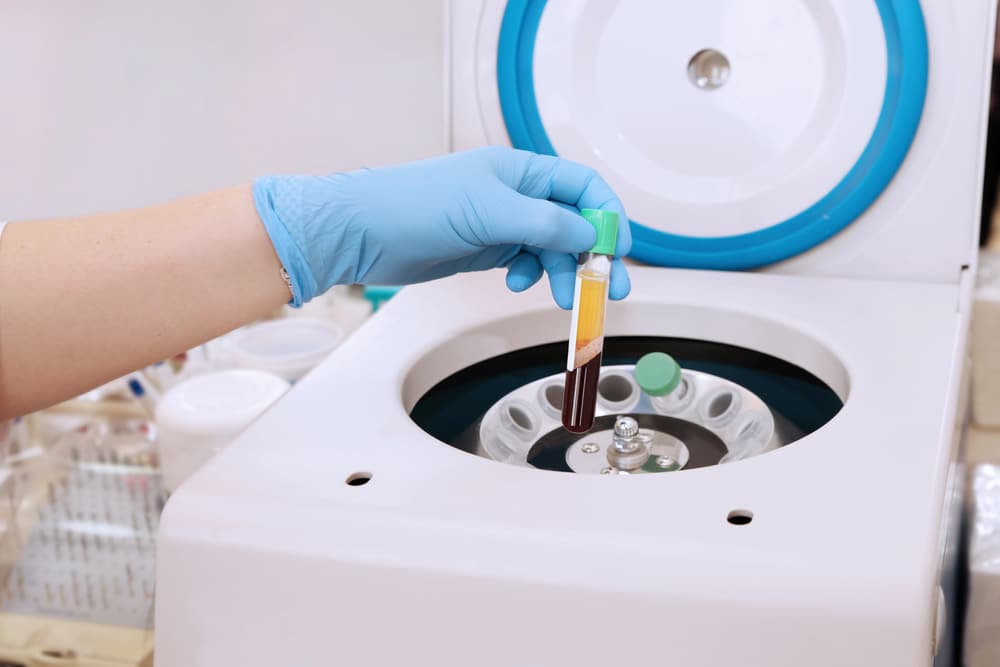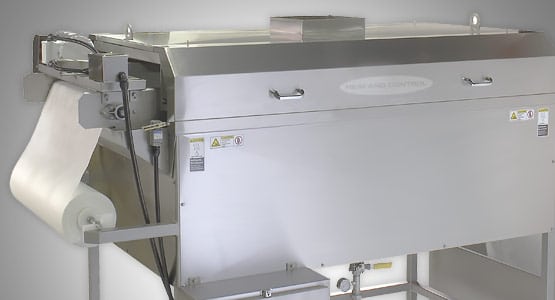Meant to help purify a medium, filters are used in a number of different industries to capture and contain contaminants and other debris while allowing the desired liquid to pass through. Within the pharmaceutical industry, membrane filters are commonly used to help sterilize and deionize water that will later be used within the industry. When it comes to choosing the right filter for a system, there are a number of factors to consider.
Filtration Systems
Within the pharmaceutical industry, there are various filtration systems that are commonly used. Surface filtration, depth filtration, and ultrafiltration are all systems that are used within the industry for different purposes, and each filter system comes with a number of advantages when used. The following provides some key information about each filter system type.
Surface Filtration
Surface filtration systems are designed for the purpose of retaining particles on the surface of the matter being filtered. These particles build up over time as filtration continues and form a solid layer of material on the surface level. This layer, often referred to as a “cake layer,” helps increase the filter’s efficiency as it forms. While the initial rate of filtration when using surface filters is only around 55 percent, once a cake layer has formed, the rate of filtration increases to 100 percent. Within the surface filtration process, a reduction in flow will eventually occur as matter continues to build up within the system, requiring occasional maintenance. The system will need to be stopped to allow for the filter to be cleaned.
Depth Filtration
Within the depth filtration system, material flows down a long pathway through a number of different filter layers before exiting the filter system. This filtration process is used to remove particles, soluble materials, and colloidal materials from fluid. At the beginning of the pathway, larger particles are first removed. Then, as the material flows through the depth filter, smaller and smaller particles are filtered out.
Depth filtration systems are cleaned using backflow, reversing the flow of the medium and thus unclogging the pores in the filter. Compared to surface filtration, depth filter systems are more expensive. However, they are able to be used for a longer period of time than surface filter systems.
Ultrafiltration
Another common type of filtration system used in the pharmaceutical industry is ultrafiltration. These systems are typically used when filter pores are required to be 0.01 micron in size. Ultrafiltration not only removes small particles from the flow of material, it also removes some viruses or other microorganisms that may be present in the flow, such as bacteria and protozoa. Materials that pass through the membrane of the filter are called “permeate materials,” while those that are held back and filtered out are called “retenate materials.”
Read more: Filter Types for the Pharmaceutical Industry









